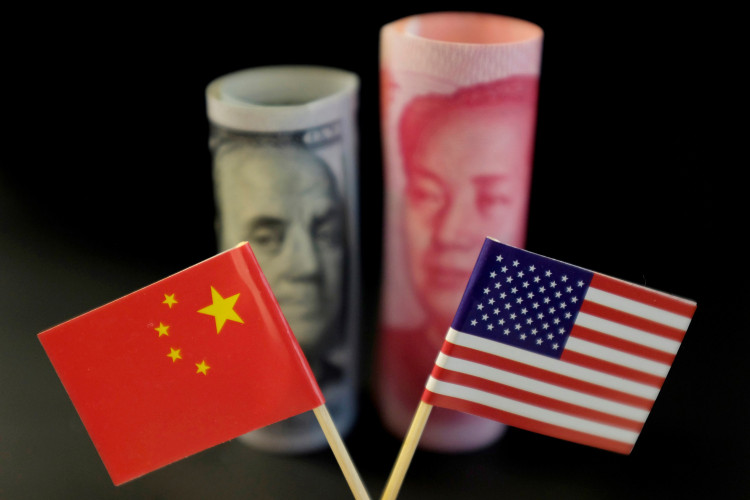China's foreign exchange reserves reached a six-month high in December, regulators revealed on Tuesday. The figures reached almost $3.11 trillion due to stable capital inflows and better data in the exports sector.
According to China Daily, the amount was equivalent to a $12.3 billion increase from the previous month and in annual terms, the reserves hike was at 1.1 percent. It is worth noting that in 2018, reserves saw a massive slump.
Foreign reserves as usually used by countries to repay debts outside the country and to stabilize exchange rates should global or local financial crises arise. Fluctuations have been rampant over the past year but hopes are high for this year.
Economists and financial analysts noted that China's financial opening up helped improve the foreign exchange reserves. Furthermore, it is expected that foreign exchange management will be stepped up in 2020.
Dean and chief economist at Rushi Financial Research Institute, Guan Qingyou, noted that improvements for foreign exchange segments will be implemented after apparent progress in interest rate liberalization is felt.
Earlier this week, the State Administration of Foreign Exchange (SAFE) vowed that it will step up reforms for the foreign exchange sector as part of the efforts in attracting more foreign investors and interested marketers to China's financial market.
SAFE also reiterated that it will continue to strengthen forex regulation to further improve the market as better regulations will help have a better environment for both domestic and international forex leaders.
China announced its plan to open up the financial sector to foreign investors and companies earlier in 2019. Since then, there has been significant progress according to banking and finance analysts.
While the first move was felt in November 2017, when Beijing announced plans to remove foreign ownership caps, reforms on the financial sector started rolling out last year, with many global analysts praising China's move of its opening up initiative.
Among the improvements that took place over the past year is allowing foreign banks to establish both subsidiaries and branches at the same time. Foreign banks were also given the authority to take time deposits of 0.5 million yuan for each transaction. Previously the minimum was one million yuan.
The Chinese Banking and Insurance Regulatory Commission (CBIRC) also said last year that it will establish 12 new measures as part of its opening up initiative. Among the reforms that finance and banking companies should expect include the removal of asset level requirements.
Approval procedures for foreign banks will also be lifted if they will conduct RMB business in the Chinese finance market. It remains to be seen what other aspects of the financial sector will be opened up to foreign entities.





